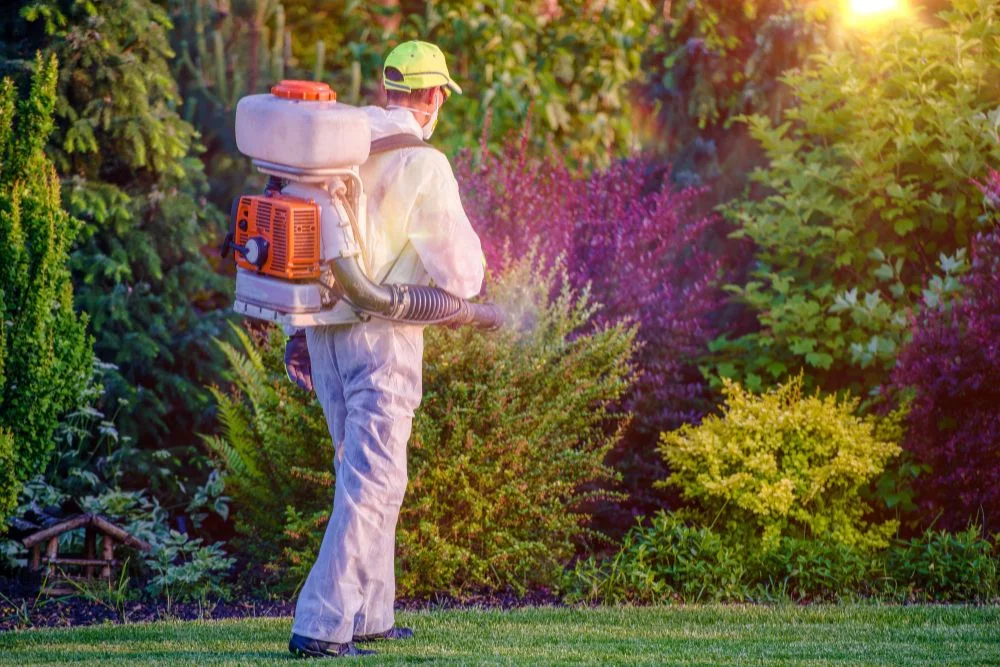Pests are more than just a nuisance; they pose health risks, damage property, and disrupt everyday life. Whether it’s ants in the kitchen, termites in the walls, or rodents in the attic, infestations can escalate quickly if left unchecked. This is where professional pest control services become crucial. In this article, we’ll explore what pest control services involve, the types of pests commonly targeted, benefits of hiring professionals, and how to choose the right service provider for your needs.
What Are Pest Control Services?
Pest control services are professional interventions designed to eliminate or manage unwanted organisms like insects, rodents, and other pests. These services typically include inspection, identification, treatment, and prevention strategies tailored to the specific infestation.
Pest control professionals use a combination of methods such as chemical treatments, traps, baits, exclusion techniques, and even eco-friendly or organic alternatives to address pest issues safely and efficiently.
Common Types of Pests Treated
Professional pest control services typically handle a wide range of pests, including:
- Insects
- Ants – Often invade homes in search of food.
- Cockroaches – Known for their resilience and health hazards.
- Termites – Silent destroyers that feed on wood and can compromise structural integrity.
- Bedbugs – Tiny pests that feed on blood and are difficult to eliminate without professional help.
- Mosquitoes and Flies – Spread diseases and cause general discomfort.
- Rodents
- Rats and Mice – Cause property damage, contaminate food, and carry diseases.
- Rats and Mice – Cause property damage, contaminate food, and carry diseases.
- Wildlife and Other Pests
- Squirrels, Raccoons, and Bats – Can enter attics or crawlspaces and create nests.
- Spiders and Scorpions – May pose health threats depending on species.
Each type of pest requires a specific approach, which is why a professional assessment is essential for effective treatment.
Why Hire Professional Pest Control Services?
While DIY methods might work for small issues, professional pest control offers several advantages:
1. Accurate Pest Identification
Professionals are trained to identify pests accurately and understand their life cycles, helping to apply the right treatment at the right time.
2. Customized Treatment Plans
Each infestation is unique. Pest control experts develop personalized plans based on the type of pest, severity of the infestation, and the layout of the property.
3. Health and Safety
Pest control chemicals, if misused, can be hazardous. Experts are equipped to handle and apply treatments safely, minimizing risks to people, pets, and the environment.
4. Long-Term Prevention
Professionals don’t just treat the current infestation—they also provide recommendations or services to prevent future problems, such as sealing entry points or improving sanitation.
5. Time and Cost Efficiency
Though it may seem cheaper to go the DIY route, persistent infestations can lead to repeated purchases of ineffective products. Professional services are often more cost-effective in the long run.
Types of Pest Control Methods
Modern pest control services use integrated pest management (IPM), which combines multiple methods to achieve effective, sustainable outcomes:
- Chemical Control – Pesticides and insecticides.
- Biological Control – Using natural predators or parasites.
- Mechanical Control – Traps, barriers, or physical removal.
- Cultural Control – Modifying the environment to make it less attractive to pests.
- Eco-Friendly Alternatives – Use of botanical and organic products.
This multi-faceted approach minimizes risks and maximizes effectiveness.
Residential vs. Commercial Pest Control
While both settings require pest management, there are key differences:
- Residential Services focus on homes, apartments, and smaller buildings. The goal is to ensure a safe living environment.
- Commercial Services cater to businesses like restaurants, warehouses, offices, and retail spaces, where pest problems can affect customer perception, product integrity, and regulatory compliance.
Both types may involve regular maintenance plans depending on the risk and needs of the space.
How to Choose a Reliable Pest Control Service
Here are key factors to consider when selecting a provider:
- Licensing and Certification
Ensure the company is licensed and its technicians are trained and certified in pest management practices. - Experience and Reputation
Look for companies with solid experience and positive customer reviews. - Treatment Options
Ask if they offer green or non-toxic options, especially if you have pets, children, or sensitive individuals at home. - Guarantees and Follow-Up
A reliable company will offer service guarantees and follow-up visits if the pest problem persists. - Transparent Pricing
Choose a pest control provider that offers detailed estimates and avoids hidden charges.
Conclusion
Pest problems can escalate rapidly and impact your health, comfort, and property. Investing in professional pest control services offers an effective, safe, and long-term solution to manage and prevent infestations. Whether you’re dealing with a minor nuisance or a full-blown invasion, working with a trusted pest control provider can make all the difference.
If you’re unsure where to start, schedule an inspection with a licensed pest control company today—your home and peace of mind are worth it.



